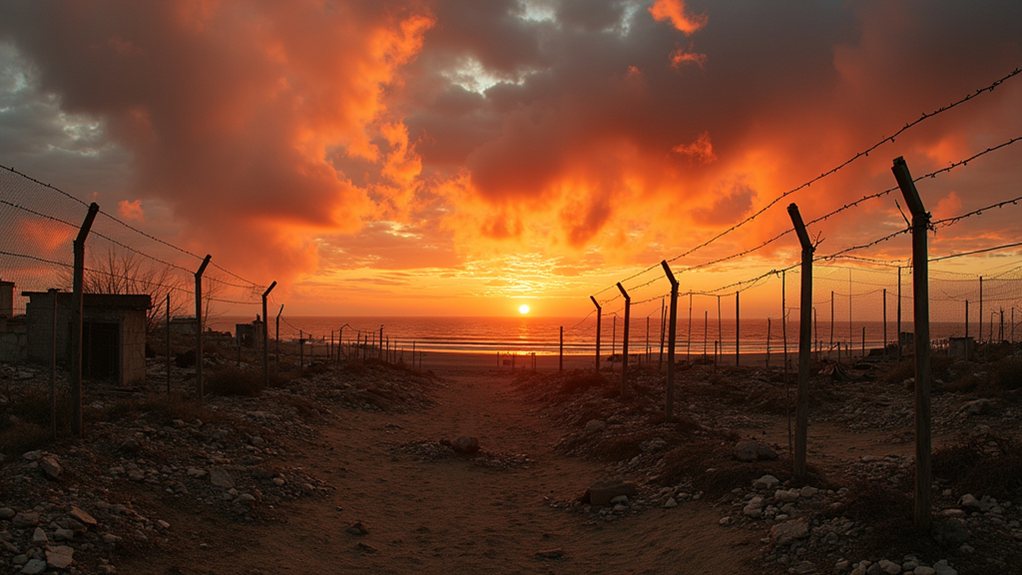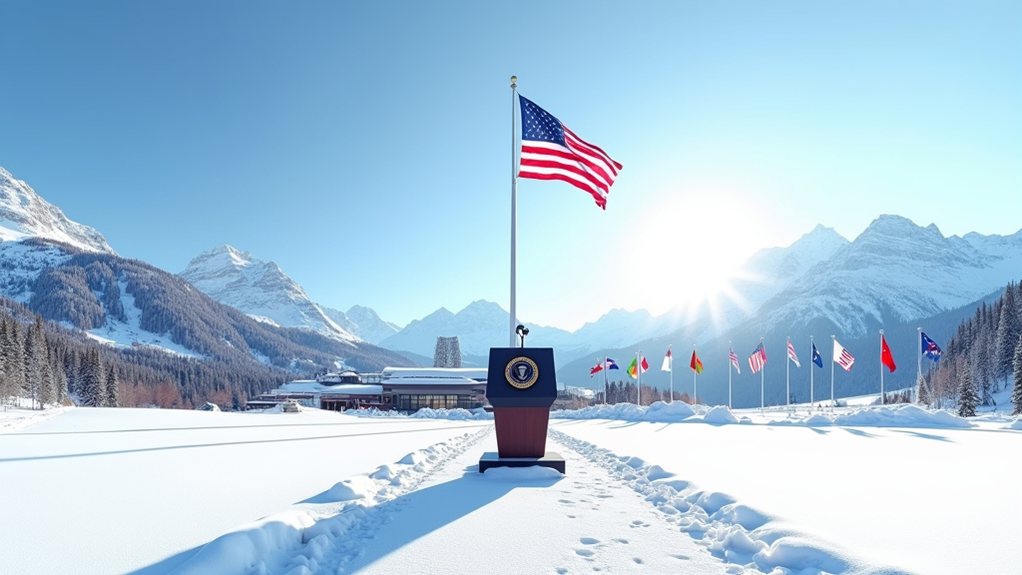South Africa's government firmly rejected former President Donald Trump's recent funding freeze, calling it inaccurate and misguided. Officials said this approach, which they termed "megaphone diplomacy," does not help build strong international ties. They emphasized that relationships should be based on mutual respect and understanding. The government affirmed its independence and sovereignty, stating Trump's order "lacks factual accuracy." Presidential emergency powers are often invoked in such situations, allowing leaders to act swiftly, though they pose challenges to democratic norms.
President Cyril Ramaphosa addressed Parliament, declaring, "We will not be bullied." He highlighted the resilience of South Africans, noting a rise in nationalism and protectionism around the world. Ramaphosa vowed to guide the nation through these changes. He also clarified that the government has not confiscated any land, countering claims that had been made.
President Cyril Ramaphosa affirmed South Africa's resilience, pledging to navigate rising nationalism without compromising the nation's integrity.
The Land Expropriation Act, signed into law in January 2025, allows the state to take land "in the public interest." This act aims to address land ownership inequality, as white landowners still control about 75% of freehold farmland. The government stressed that compensation isn't always required under this law, but it's not a tool for outright confiscation.
The economic impact of Trump's funding freeze could be significant. In 2024, the US was set to provide $323.4 million in foreign assistance to South Africa. This included $453 million for PEPFAR, which funds HIV/AIDS programs, and nearly $60 million from USAID for various initiatives like climate change and gender equality. These programs are crucial for many communities, as PEPFAR accounts for 17% of South Africa's HIV/AIDS program. Additionally, the funding cuts could disrupt ongoing developmental and humanitarian projects.
In response to the misunderstanding, the Government of National Unity plans to engage with Trump. Ramaphosa even spoke with Elon Musk to help clear up misinformation. The public and opposition parties expressed concern about the potential loss of funding. Many civil society organizations refuted Trump's claims, calling for unity against outside pressures.
This situation reflects broader issues in US foreign policy and its implications for US-Africa relations.









